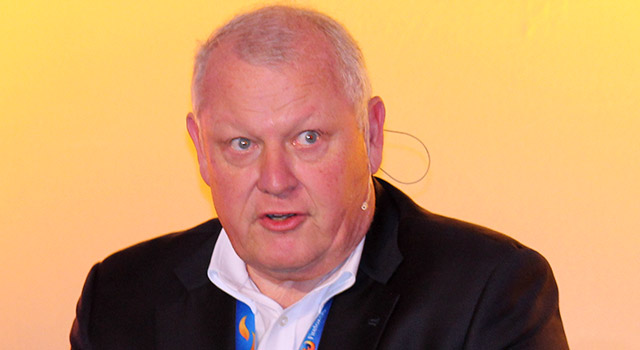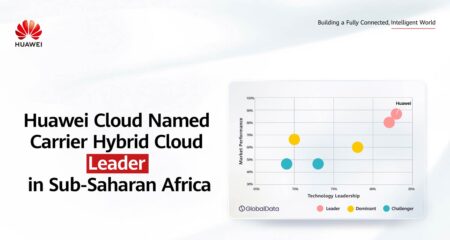
Affordable smartphones are starting to transform the landscape in Africa, getting millions of people across the continent online for the first time, but prices need to fall further and content and applications need to be tailored for local communities and languages, experts said this week.
“The smartphone revolution is happening,” said World Wide Worx MD Arthur Goldstuck, chairing a panel discussion on smartphones and Africa’s demand for data at AfricaCom in Cape Town.
Goldstuck said 1% of devices sold through Pep Stores, South Africa’s biggest phone retailer, were smartphones in the second half of last year. “In the first six months of this year, this number went up to 14%, and they expect this number to reach 35% during the last quarter of this year.”
He said the mass market is now rapidly migrating from feature phones to smartphones.
“The data phone (smartphone) is critically important from all perspectives, but I think the most important perspective is bringing the next 2bn potential Web users online,” said Mozilla vice-president of planning and ecosystems Rick Fant, who was speaking on the same panel.
Fant said the price of smartphones needs to fall to the low US$30 range to become affordable for a majority of users. “But it has to be a full smartphone; it needs at least 3G capability and must be able to run all the apps and services that users want, not just the international ones but also, more importantly, local content … for relevance.”
Millicom commercial director for Africa Raul Martinez agreed. He said that in the low-cost smartphone segment, there is a growing need for devices in local languages. Cost is crucial in Africa, but it’s not the only thing that matters, Martinez said.
Fant said it’s not only device costs that must come down, but also the cost of data. “The economics of that means that if you can get more people using the data you end up with the operators and others actually benefiting from the larger market,” he said.
“That is our fundamental principle here: we need to create a larger market to bring the next couple of billion Web users online and that, with economies of scale, gives everyone the profits necessary to continue to reinvest [in Africa’s infrastructure].” — © 2014 NewsCentral Media




